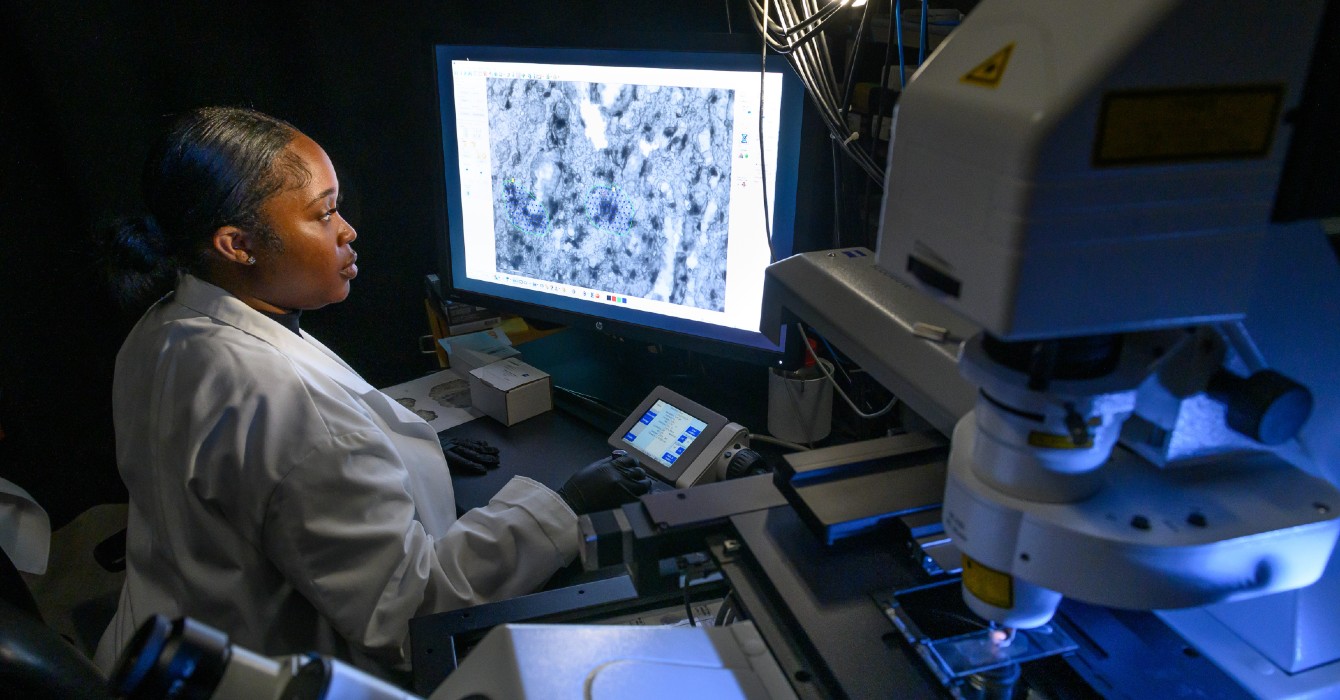Soon after we planted the first bed of garlic at Anathoth, our church’s community garden, a woman joined who suffered from severe obesity. Dina, as I’ll call her, came regularly to our Saturday workdays, volunteering with other members in exchange for a share of the harvest. Her weight made it impossible for her to weed or plant, but she laughed and visited with those who did.
Once, when we were harvesting some particularly lovely heads of Jericho lettuce, Dina raised her hands in a priestly gesture, head of lettuce in each hand, and said, “Praise Jesus for lettuce!”
For several years Dina came to the Saturday workdays, which I attended as the garden’s director and manager. At Anathoth, we didn’t do nutrition classes or preach the virtues of organic produce; rather, we grew and ate healthy food. At our bi-weekly potlucks Dina learned to eat less sugar and fat and more collards and kohlrabi. Her weight began to drop. Finally, at one potluck, Dina proudly announced that she had lost 75 pounds. “And I plan to lose another 100!”
Most would attribute Dina’s success to willpower. “Such inner strength,” we say. “Such resolve. You go, girl.”
Clearly, Dina’s weight loss required great fortitude. But I wonder how much of her success -- and her earlier illness -- was simply about willpower. After all, she had joined a community that prized fresh, healthy food. Just as her move toward health reflected the community she had joined, so too had Dina’s obesity stemmed at least in part from her unknowing membership in a very different “community” -- the industrial food system.
Writers such as Michael Pollan have detailed how most Americans are on the receiving end of the industrial feeding trough. Down it flow all manner of fats, oils, sugars and meat potentially contaminated with e coli or salmonella and heavily subsidized corn products. Whether we like it or not, it’s a community in which all of us are unwilling members.
But isn’t food a matter of individual choice? Isn’t obesity just a lack of self-control? To some extent, yes. But the cards are stacked against us.
“Every culture has had, in some form or another, an understanding of our bodies as public ledgers on which is written the catalogue of our private vices,” says Raj Patel, author of “Stuffed and Starved: The Hidden Battle for the World Food System.” “The language of condemnation doesn’t, however, help us understand why hunger, abundance, and obesity are more compatible on our planet than they’ve ever been.”
Patel challenges the assumption that food-related illnesses are the result of individual consumer choices. When the Centers for Disease Control and Prevention report, for example, that one in three 9-year-olds will eventually develop type 2 diabetes, something is amiss. It’s not that people have become more gluttonous in the past 30 years; it’s that the foods available to us have changed.
For Christians, the problem is twofold. We are fond of cheap calories. But we’re also fond of cheap theology. When it comes to our eating, most of us are Gnostics. We view our bodies as something to be shirked in favor of “higher” spiritual matters. To be a Gnostic eater is to treat our bodies as holding tanks for the spirit. Since we don’t much care about the tank, we fill it with all kinds of junk -- anything to fuel us up -- so that we can get on with more spiritual affairs, the “real” work of meetings, conferences, sermon-writing.
As a result of our Gnostic eating, our bodies suffer. In his letter to the Philippians, Paul speaks of sharing in Christ’s sufferings, implying that a disciple must bear the marks of Christ’s affliction in our bodies. If so, then we’ve chosen the wrong marks.
Christians affirm that the eating of Christ’s body and blood in the Eucharist is the central mystery of our faith, and that this mystery is to be shared in community. Eating, therefore, is a public act. Growing good food should also be a public, and communal, act. The church needs to reclaim the bodies of her members and not only feed them, but feed them well.
We need to rethink what we do with our bodies. Individual choice (“vote with your fork”) can only take us so far. The problem is systemic and requires a systemic solution.
Scripture is our best antidote to cheap theology. In “Scripture, Culture, and Agriculture: An Agrarian Reading of the Bible,” Ellen F. Davis, a professor at Duke Divinity School, offers a guide to these texts.
In Exodus 16, for instance, when the Israelites eat the quail and manna, they learn what it means to eat enough, but not too much. Even though they pine for the fleshpots of Egypt, the Israelites know that to eat from Pharaoh’s storehouse is to choose slavery. And to choose slavery is to shun God’s provision.
More than just individual choices, the Israelites made communal ones, like the choice not to return to the land of cheap calories but to press on toward Canaan.
Israel acted en masse, but she also had Moses and Aaron to lead her. Where are those who will lead us away from the fleshpots of the industrial food system, of the church potluck and its infatuation with transfats, Jell-O and corn syrup?
First, a church leader can lead with her own body. She can model the kind of health she expects in those she serves. But more importantly she can lead our corporate body -- the church -- toward a more holistic, sacramental way of eating so that its members’ bodies can thrive.
What if bishops mandated that only food purchased from local organic farms be served at all cabinet meetings? What if every parsonage and parish had a kitchen garden and a well-stocked kitchen to cook what’s grown there? What if local churches sponsored a bi-weekly farmer’s market that accepted WIC cards?
As a gardener, I’m partial to community gardens. I’ve seen how much good food can come from a small piece of land, and I’ve seen the Dinas of our neighborhood grow in health as they reduce in size. What if every university, denominational headquarters and church retreat center had a community garden for employees, neighbors and the homeless? How many other Dinas -- and 9-year-olds on their way to daily insulin shots -- are waiting for such a community?
The world is hungry for spiritual food, and the church affirms that Christ’s body can satiate that hunger. But we forget that the way to the Eucharist is through, not around, the collards and kohlrabi.









